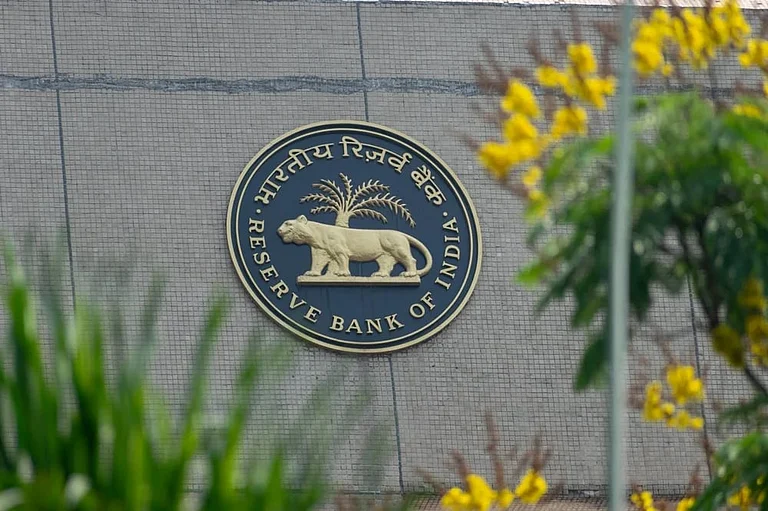
Summary of this article
The Irdai has asked insurers to explore a mutual fund-style TER framework to curb high commissions and distribution costs. The regulator is considering stricter transparency rules, including disclosure of commissions in policy documents, while continuing its focus on boosting insurance penetration and improving claims. Concerns around excessive commissions and mis-selling, especially through banks, have long plagued the sector.
The Insurance Regulatory and Development Authority of India (Irdai) has raised concerns over the high commissions and distribution expenses in the insurance sector and asked companies to consider a framework similar to mutual funds' Total Expense Ratio (TER), CNBC-TV18 reported, citing sources.
At a recent meeting with chief executives, the regulator is said to have told insurers that commissions need to come down to make policies more cost-efficient for customers. Insurers are likely to submit a presentation on how a TER-like framework could be applied to the sector.
One of the proposals under discussion is whether commissions should also be disclosed upfront in policy documents, a move that could increase transparency for buyers.
According to the sources, Irdai may also form a sub-committee to look at ways to rationalise costs without hurting distribution. The regulator reiterated its priorities on improving penetration, speeding up health claims processing, and meeting obligations in the social and motor third-party segments.
However, concerns around high commissions have been building for some time. As Outlook Money reported earlier, mis-selling remains a major issue in the sector, particularly in the bancassurance channel.
Banks are one of the major insurance distribution channels. According to a report released by 1 Finance, a personal finance advisory firm, earlier this year found that banks earned Rs 1,773 crore in commissions in financial year 2024 from selling financial products, largely insurance and mutual funds, many of which never serve their intended purpose for customers.
The report found that Banks continued to rake in profits even as millions of policies lapsed prematurely. Over 40 per cent of all benefits paid by the top 10 life insurers fell into this "SWDL" category (surrendered, withdrawn, discontinued, or lapsed).
Such practices leave customers bearing the burden of paying hefty premiums for policies that don't even meet their needs or survive beyond the initial year.
Industry watchers say a TER-style cap, if implemented, could work much like in mutual funds, where a ceiling on total costs ensures that expenses and commissions don't eat into investor returns beyond a set limit. For insurance, this could translate into better pricing for policyholders and fewer incentives for aggressive mis-selling.
The regulator's push is likely to face resistance from distributors, but it may set the stage for a more customer-friendly cost structure in the sector.















